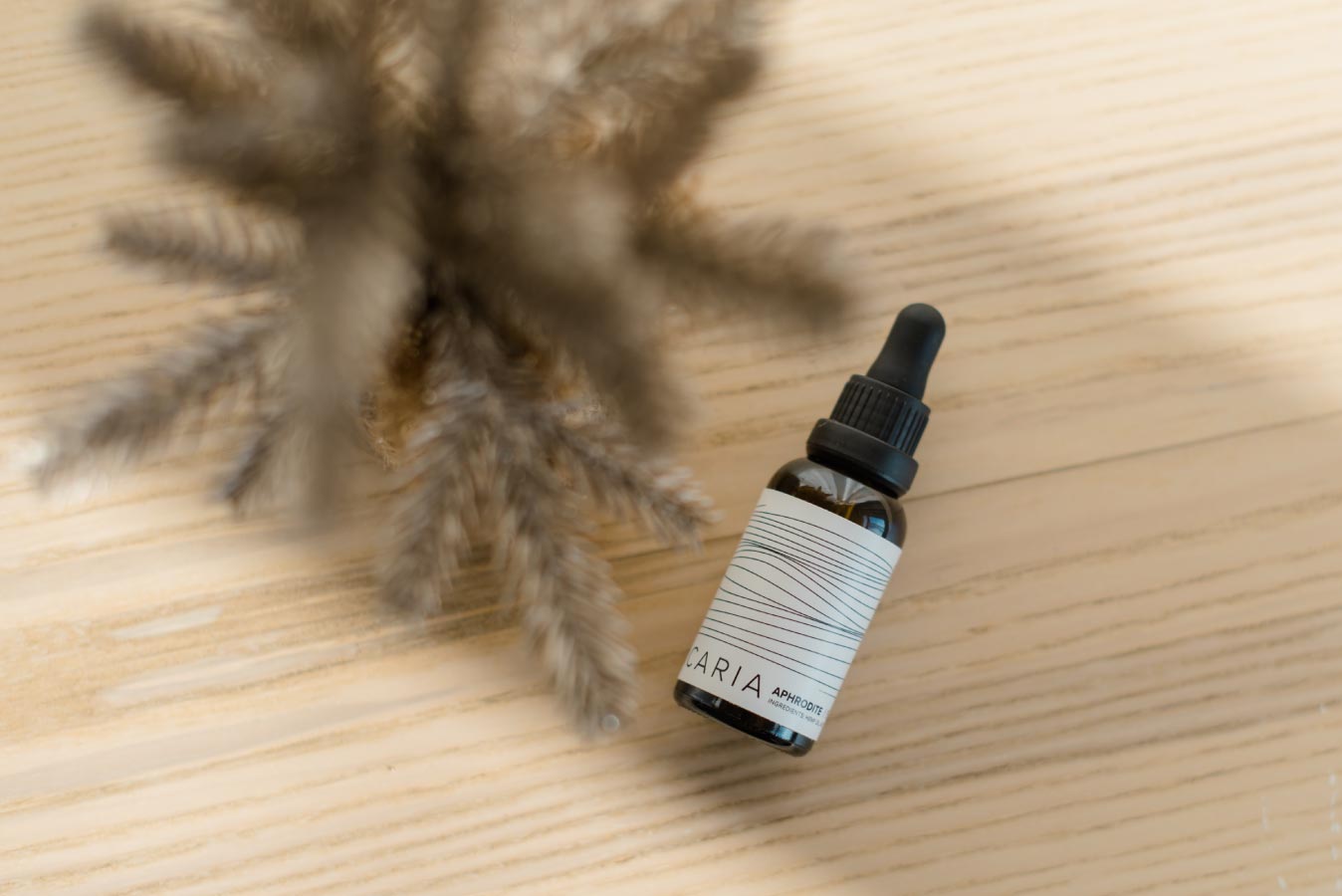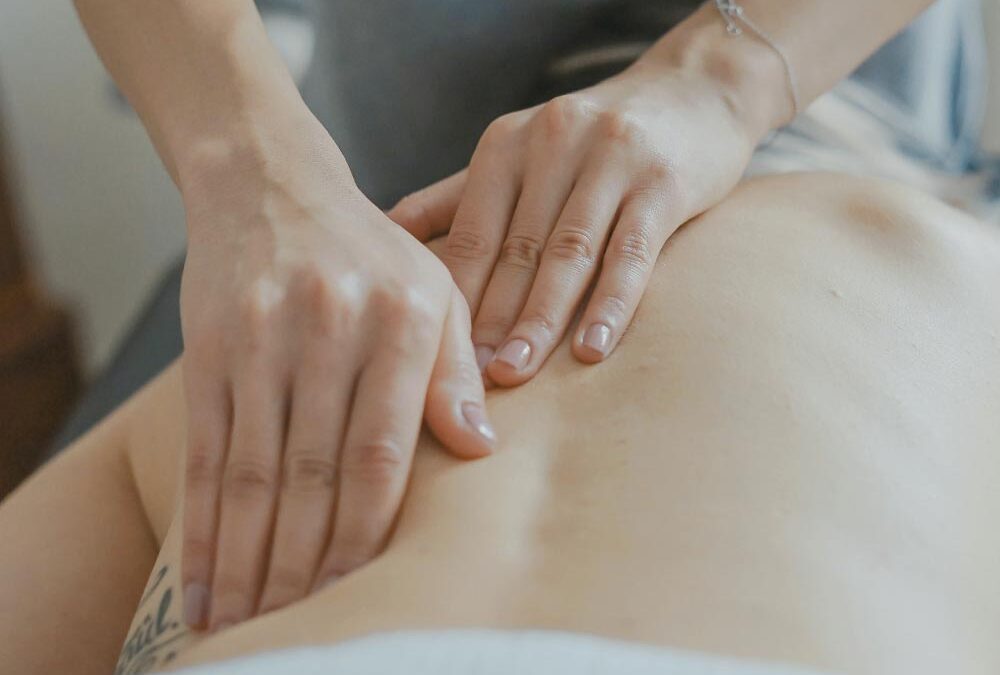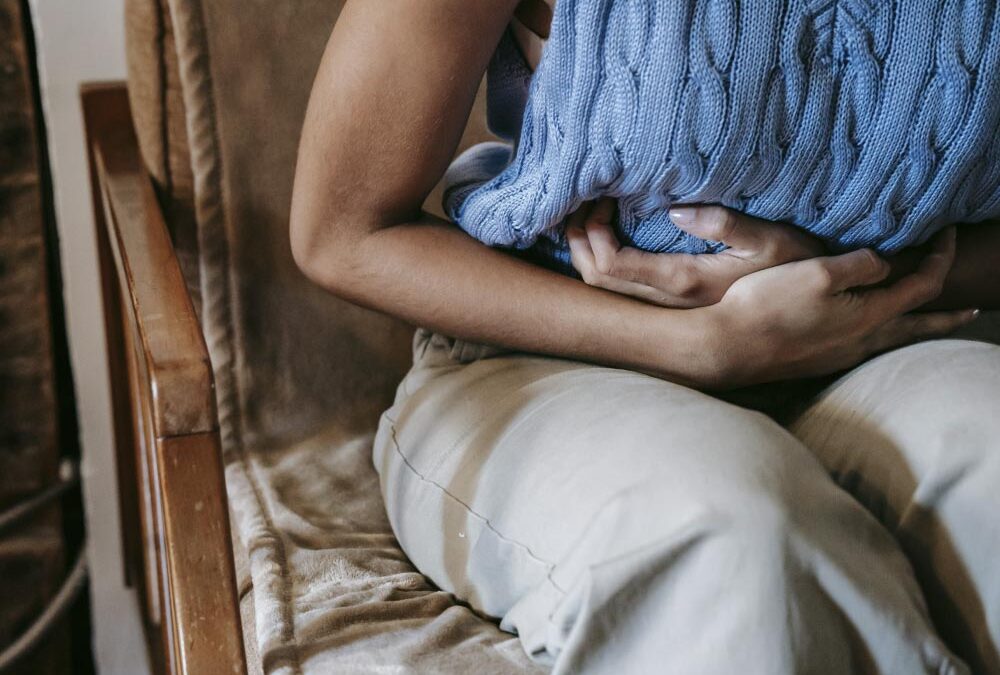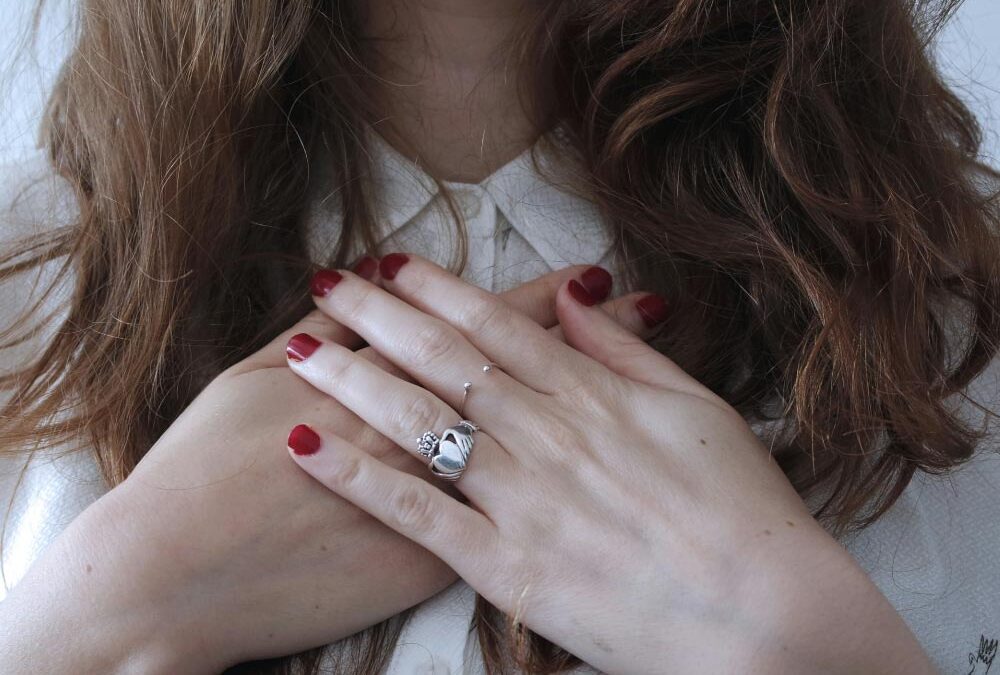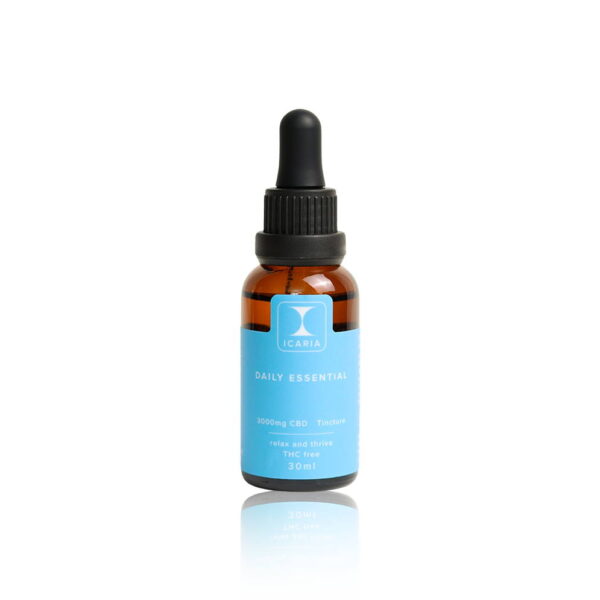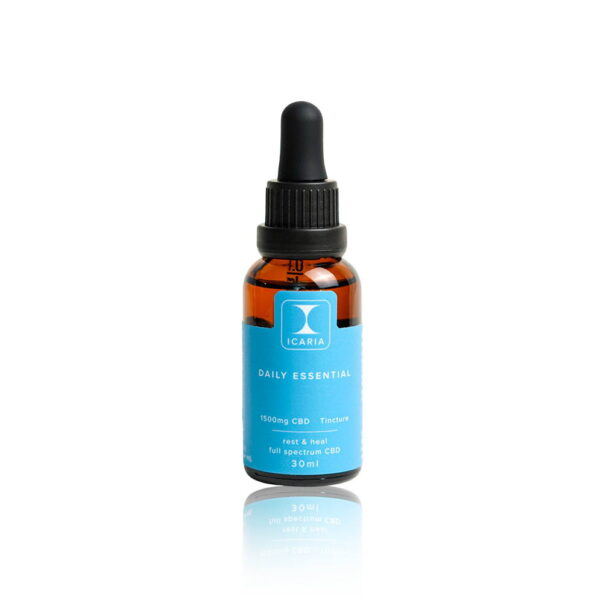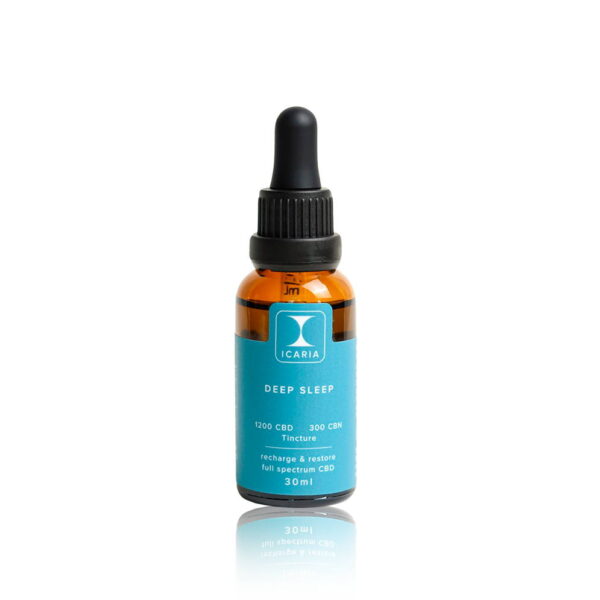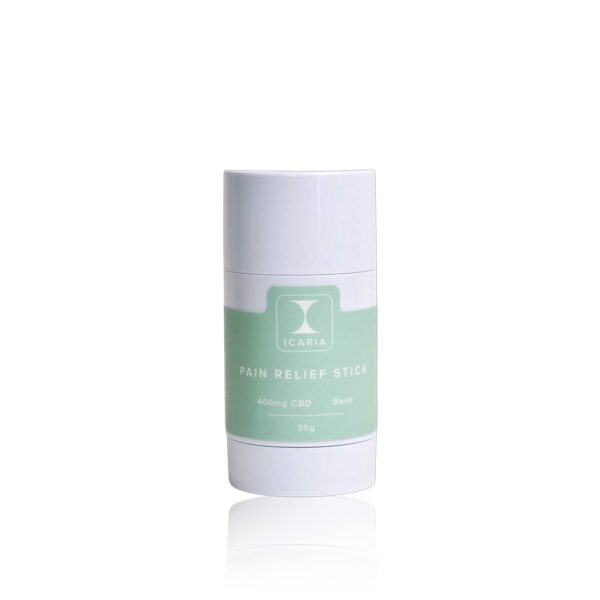What are the Pros and Cons of CBD Oil for Anxiety?
About 13% of the Canadian population uses CBD oil, says a 2021 survey. It’s an 18% increase from 2020’s data of 11%.
11% also prefer an equal ratio of CBD and THC, while 3% prefer only CBD.
Anxiety and stress are two of the most common reasons why Canadians use cannabis-based products, including CBD. Of those who use such products, 55% say they use them for anxiety, while 60% use them for stress.
A little over 1 in 4 Canadians are now using CBD-based products. And from $446.4 million USD in 2022, we can also expect the country’s CBD market to grow to $472.6 million USD by 2024.
With CBD’s increasing popularity, how well do we really know its pros and cons? As a consumer, you should be aware of the pros and cons of CBD oil for anxiety, especially if it’s your first time using the product.
Pros of CBD Oil for Anxiety
CBD seems to offer more advantages than disadvantages. Below are the top advantages of using CBD oil for anxiety.
Effective for Anxiety
CBD activates not just the endocannabinoid system (ECS) in relieving anxiety and stress but also stimulates other non-cannabinoid receptors. These receptors include the serotonin, vanilloid, and PPAR receptors.
In addition to this, CBD prevents the reabsorption of our natural endocannabinoids like anandamide and 2-arachidonoylglycerol. These endocannabinoids also produce anxiolytic effects when they stimulate the ECS.
Non-psychoactive, Non-Addictive, Non-Toxic
CBD isn’t like THC. You don’t have to worry that it will get you high or addicted. Unlike THC, CBD isn’t a strong stimulator of the cannabinoid receptor type 1. This is the receptor that, when stimulated by THC, produces the high associated with cannabis use.
CBD also won’t get you addicted. Again, it’s a weak stimulator of the cannabinoid receptor type 1 — the receptor responsible for the high and addictive qualities of cannabis.
CBD is also generally safe to use and won’t cause an overdose. We can even tolerate very high CBD doses like 1,500 mg daily without significant adverse side effects.
Fewer Side Effects
Compared to pharmacological drugs, CBD is relatively safe.
For one, it’s an organic compound found in nature. It’s not synthetic or laboratory-made.
Two, while CBD may produce some side effects, these are typically well-tolerated by CBD users. They also disappear on their own once the body gets used to CBD.
Some of the side effects of CBD include:
- Dryness of the eyes and mouth
- Dizziness, lightheadedness, and drowsiness
- Changes in appetite
- Changes in bowel movements
- Low blood pressure
Again, these side effects are generally well-tolerated by CBD users and go away on their own.
Easy to Use
It’s also very easy to use CBD oil for anxiety.
You can simply place the drops under your tongue and wait for a couple of minutes or more before swallowing the oil. This allows the cells in the mouth to absorb CBD better. It also allows for faster onset of effects.
Legal
CBD is perfectly legal to use in Canada. You don’t need to get a doctor’s referral or recommendation to buy and use hemp-derived CBD oil for anxiety.
You can buy CBD oil anywhere in the country. You can buy them in CBD shops, health stores, and even specialty shops. You can even order CBD online, which is more convenient. Not only are you given more CBD options to choose from, but you can even compare different CBD products in the comforts of your own home.
Cons of CBD Oil for Anxiety
Of course, CBD oil for anxiety may also have some disadvantages. Below are some of the known disadvantages of CBD oil for anxiety.
Drug Interaction
CBD though is known to interact with other drugs like warfarin. It can increase the blood-thinning effects of warfarin and cause problems with blood clotting.
CBD can also boost or dampen the effects of other drugs. It may even affect the side effects of these particular drugs.
So, if you’re going to use CBD oil for anxiety and you’re also taking maintenance medications, we suggest giving your doctor a visit first and letting him know your intention of using CBD. With his expert advice and under his guidance, your doctor can help you manage your CBD use, together with your other medications for chronic health problems.
Confusion with CBD Dosage
CBD is more of a personalized treatment. It doesn’t have any recommended daily intake or RDI yet. So, if you’re new to CBD, getting the right CBD dosage may be a bit confusing. The dosage that worked for someone you know may not necessarily work for you or leave you with some adverse side effects. Either way, not getting the right dosage can negatively impact your CBD journey.
To help you get started, you may follow our CBD dosage guidelines:
- Take 5 to 10 drops (which is about 6.25 mg to 12.5 mg of CBD) for mild symptoms
- Take 15 to 20 drops (which is about 18.75 mg to 25 mg of CBD) for moderate symptoms
- Take 20 to 40 drops (which is about 25 mg to 50 mg of CBD) for severe symptoms
- Take 80 drops (which is about 100 mg of CBD) for extra-strength CBD oil
If the dose produced an adverse effect, then simply decrease the dose on your next schedule. If, however, you didn’t feel any positive effects even after staying on the dose for about three to five days, then increase the dose on your next schedule.
Remember, CBD is a personalized treatment. Finding the dose that perfectly works for you and your symptoms will take some trial and error.
Final Thoughts
There are many pros and cons of CBD oil for anxiety, but the benefits of using CBD oil far outweigh the risks.
If you want your CBD journey to be safe and free from unwanted side effects, follow our CBD dosage guidelines.
Again, if you’re on medications for chronic health issues, then we strongly recommend that you see your primary care physician first. They can help you find the best CBD dosage for your anxiety. They can also help supervise and manage your CBD use to limit side effects.
